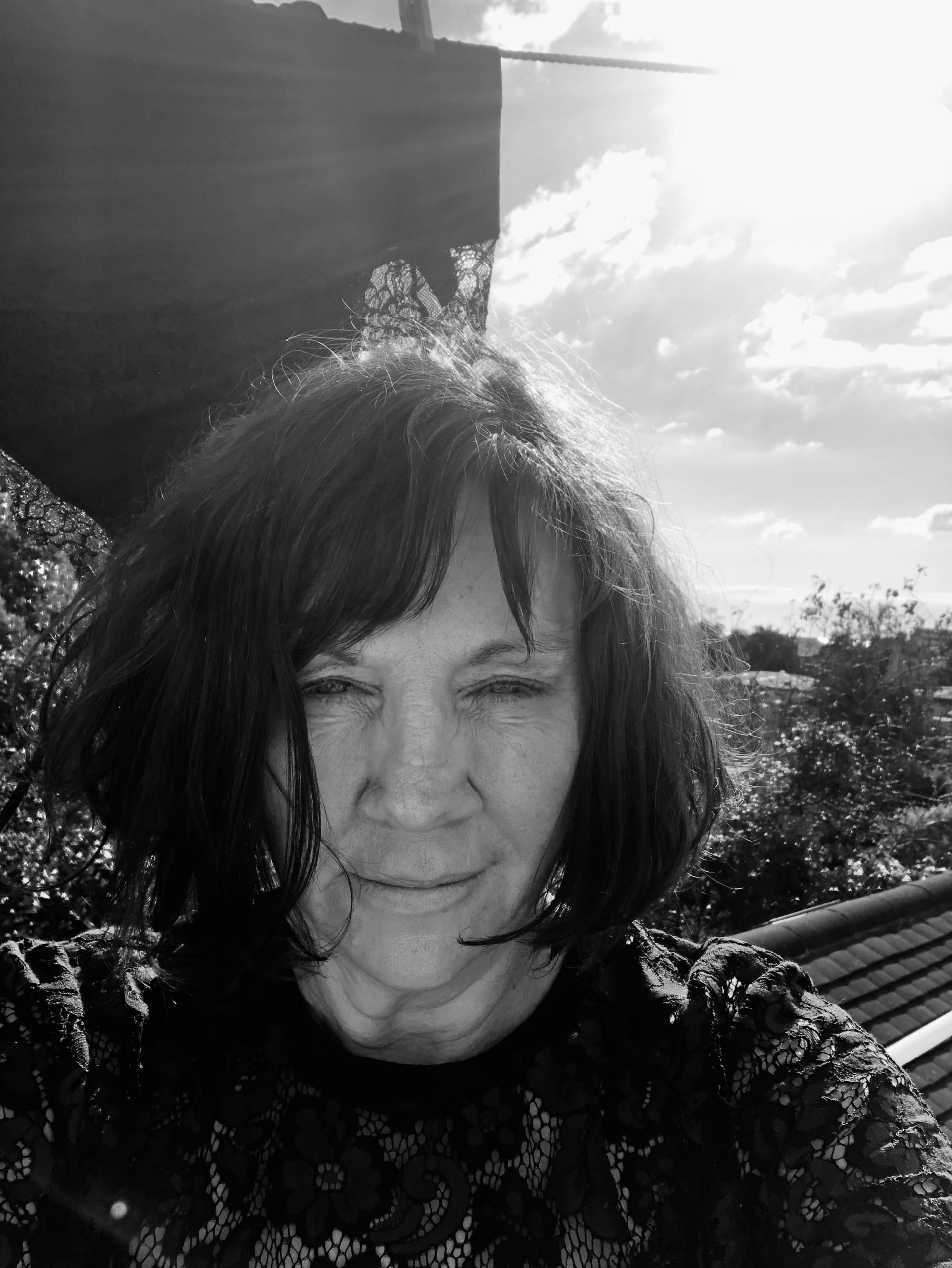
- This event has passed.
Beyond ‘victim’ and ‘perpetrator’ working in the grey zone of the modern academy: the paradoxical ‘problem spaces’ of implicated post-colonial scholars in exile
May 30, 2023 @ 4:00 pm - 6:00 pm
Event Navigation

Beyond ‘victim’ and ‘perpetrator’ working in the grey zone of the modern academy: the paradoxical ‘problem spaces’ of implicated post-colonial scholars in exile
Jo Dillabough, Professor, Sociology & Sociology of Education
If self-reflexive critical postcolonial intellectuals view themselves as implicated in machinations of power beyond their control, then arguably such recognition should produce political subjectivities and political actions that seek to operate beyond the confines of the academy. This recognition itself would generate a striving towards alternative forms of knowledge production, ’epistemic attachments’ and ‘public belongings’ which engage diverse communities (academic, social, political, activist) driven by a desire to address global injustices. Drawing upon interview data collected from Turkish and Syrian scholars living in exile in Europe and the UK, I will discuss the different ways in which implication is navigated by exiled scholars who carry first-hand experience of conflict, detainment, and forced displacement in authoritarian regimes. Revealing the different ‘problem spaces’ the postcolonial exilic intellectual inhabits and the temporalities of injustice they grapple with in navigating power, crises, and the modern academy, I seek to demonstrate more concretely the conceptual specificity and analytical purchase of the ‘implicated postcolonial critical intellectual’ —in contradistinction from the institutionalised authorial assertions made by those who live within the governing rationales of the ’reasoned’ academy. An important intervention is to therefore explore, albeit indirectly, the ways in which intellectuals reveal HE experiences of conflict through the figure of the exilic scholar whilst simultaneously confronting the bio-politically driven nation-building forces of university life and as a living embodiment of wider transnational ‘imperial blueprints’ (see Arendt, 1950). In so doing, a number of questions arise for us as researchers. How can such moments, captured through memory research in HE, help us to identify the central mediating structural and affective relations between modern state institutions driven by authoritarianism – in this case HE and conflict – and the politics of memory work (see Al-Azmeh, 2021)? What might be the associated dilemmas emerging from research seeking to expose human experience derived from spaces of exile through HE and in articulating a sense of meaning through wounded memory? And how do we re-represent memory of ‘totalitarian crimes against humanity’ in relational, dialogical and multi-directional ways (see Rothberg, 2015) rather than as a singular or essentialised story of a ‘national tragedy’ and a revered sacred identity in HE, thereby challenging ‘monumentalizing victim narratives’ or, as Nietzsche claimed in a much earlier historical moment, as a critical historiography of a ‘monumental crises of humanity’, modernity and its associated modern institutions (see Felman, 2001).
Professor Jo-Anne Dillabough, University of Cambridge
Jo-Anne Dillabough is Professor in Sociology and Sociology of Education, Faculty of Education, University of Cambridge. She has been a visiting scholar at universities in Australia, Argentina, Norway, Finland, Italy, Portugal and Sweden and was the former David Lam Chair in Multicultural Education, UBC. Recent chapter and article publications include: Higher Education, Violent Modernities and the ‘Global Present’: The Paradox of Politics and New Populist Imaginaries in HE, Authorial power, authoritarianism, and exiled intellectuals: Syria and Turkey (with Al-Azmeh, forthcoming) and Identity as Other and the Promise of the Narrative Imagination in Educational Theorising: Arendt and Ricoeur (Bloomsbury, 2020, editors Gunter, H. & Veck, W.), Her work focuses largely on the spatialisation of youth disadvantage in ‘global cities’; sociology of education; urban youth histories, race and colonial transformations; history and memory studies and education; and Higher Education, State Crises and Populist Imaginaries (Syria, Turkey, South Africa). She is lead investigator (with Elizabeth Buckner, Susan Robertson & Liz Maber) on a large 2020 ESRC grant entitled Higher Education, Political Crises and States of Conflict. Dillabough is currently working on a monograph on the work of Hannah Arendt and 21st century populist imaginaries.

